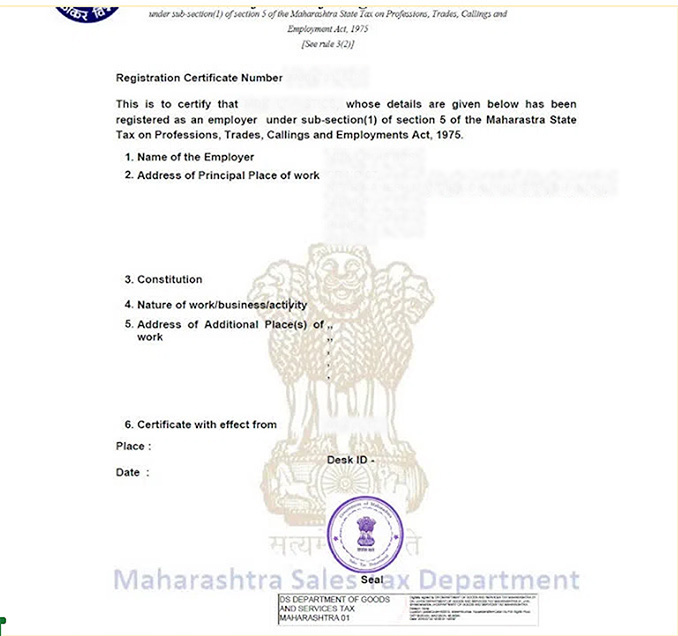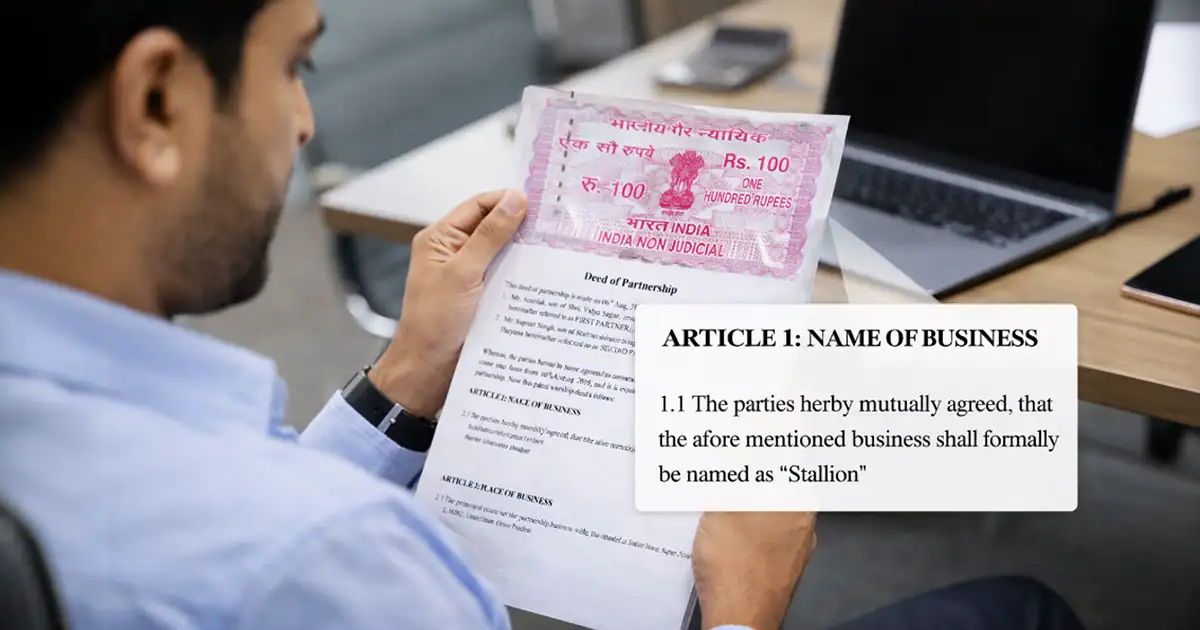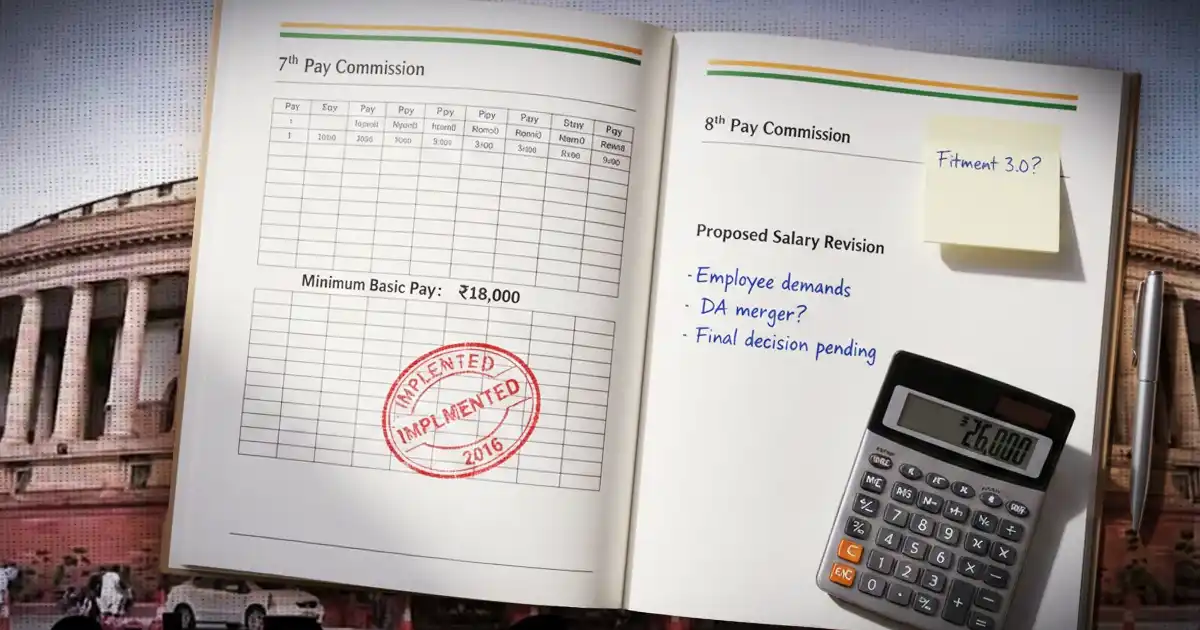PTEC (Professional Tax Enrollment Certificate) is a mandatory registration for individuals and businesses required to pay professional tax under state laws.
This direct tax is levied by several state governments, including Maharashtra, Karnataka, Gujarat, West Bengal, and Tamil Nadu, on the income of professionals, business owners, and freelancers, even if they have no employees. However, states like Delhi, Uttar Pradesh, and Haryana do not impose this tax.
This certificate ensures compliance with the state's professional tax laws and enables the taxpayer to pay professional tax directly to the government.
PTEC vs PTRC Registration
PTEC and PTRC are two types of professional tax registrations in India. While PTEC is for individuals and businesses to pay tax on their own income, PTRC is for employers to deduct and deposit professional tax on behalf of their employees.
| Feature | PTEC | PTRC |
| Full Form | Professional Tax Enrollment Certificate | Professional Tax Registration Certificate |
| Purpose | For individuals/professionals/businesses to pay their own tax | For employers to deduct and pay professional tax on behalf of employees |
| Applicable To | Professionals, freelancers, companies, and sole proprietors (on their own income) | Employers with salaried employees |
| Who Pays the Tax | The business owner/professional | The employer deducts and pays tax on behalf of employees |
| Employee Requirement | Not required | Mandatory if the entity has employees |
| When Required | When the person/entity earns income from a profession/business | When the organization employs staff and pays a salary |
| Registration Authority | State Government (e.g., Maharashtra Sales Tax Department) | State Government (e.g., Maharashtra Sales Tax Department) |
| Filing Returns | Annually (depending on state rules) | Monthly or annually (depending on the number of employees and state rules) |
| Penalty for Non-Compliance | Late fees and interest | Penalties and interest on late payment or non-filing |











